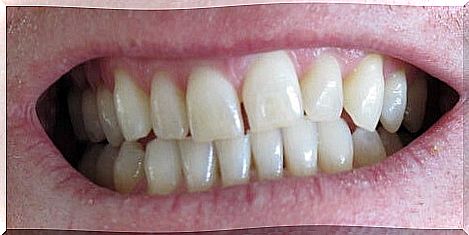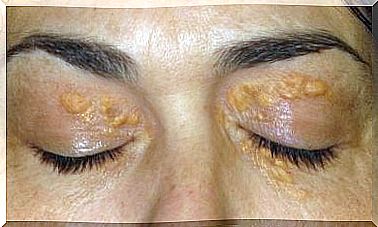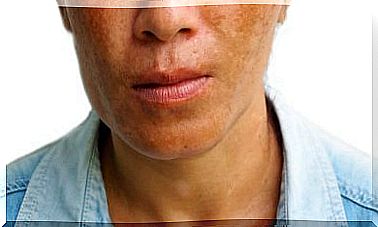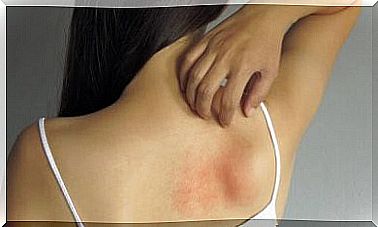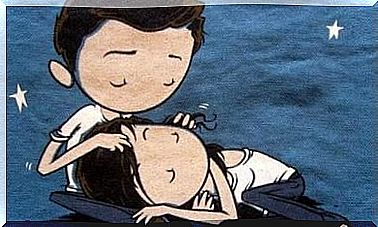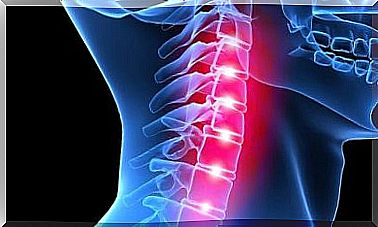4 Techniques To Stop Suffering From Bruxism
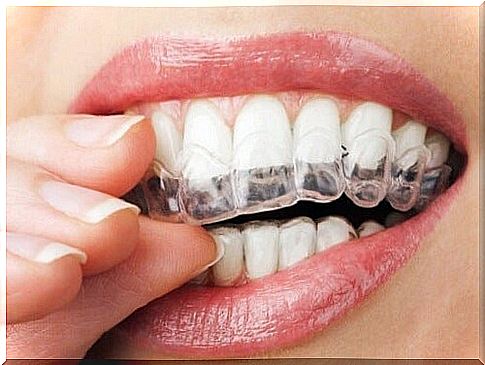
Bruxism is characterized by a contraction of the jaw and a grinding noise, generated by the rubbing of the teeth.
In the majority of cases, bruxism occurs at night and can cause many problems and pain, such as erosion of the teeth or sores.
In this article, we’ll show you the best techniques to stop grinding your teeth.
What are the causes of bruxism?
As we have clarified before, bruxism is manifested by a strong contraction of the jaw and grinding of the upper teeth against the lower teeth. Either by a horizontal sliding, or by a movement going from bottom to top.
It’s a bad habit, or a tic, which is similar to onychophagia for example.
It is an unconscious and involuntary act, that is, people who suffer from it do not even realize that they are clenching their jaws.
People affected by bruxism most often suffer from it during the night, while they are sleeping.
Their jaws and gums are very sore in the morning, and in the most severe cases, they may notice that they have pieces of missing teeth, due to the friction and pressure exerted on them.
The most common causes of bruxism are very diverse, but all have to do with emotions and other psychological aspects.
The stress
Some people experience prolonged periods of stress, lasting weeks or even months, and so they have to release these accumulated tensions in some way.
These people then start grinding their teeth, and clenching their jaws very hard.
Anxiety
During certain times of life, such as marriage, the birth of a child, a move or a trip as a couple, we experience quite intense periods of anxiety.
Tensions can therefore be released through a contraction of the jaw.
Control of emotions
If a person is introverted, has family issues, or has never learned to communicate their emotions, it can be difficult for them to talk to those close to them about how they are feeling and the bad times they are having. she lives.
All this restraint of negative emotions can lead to bruxism.
Mental exhaustion
During periods of examinations, strong pressures at work, or intense intellectual effort, cases of bruxism increase because of the significant mental fatigue that these cases cause.
What are the consequences of bruxism?
Some of the effects of bruxism are:
- Toothache due to high pressure.
- Pain in the neck and nape of the neck because the contraction of the jaw causes tension in this area of the body and causes an unsuitable posture.
- Problems in the temporomandibular joint, which can cause hearing impairment.
- Wear of the teeth, which become more sensitive and weaker, which causes cavities, the fall of small pieces of teeth, gingivitis, etc.
- Pain or swelling in the jaw.
- Insomnia from dental pain, or from severe stress.
How to treat bruxism?
Eliminate tension
In the first place, it is important to release the accumulated tensions, in a healthy way.
Stress and nervousness should be eliminated before going to bed and it is important to learn to control your emotions.
Try to let go of all the things that bother you, anything that hurts or depresses you.
For example, you can try playing sports, quitting working overtime, or taking one less subject in college. These little changes will make you feel better.
If bruxism is caused by a buildup of unexpressed emotions, start talking to those around you about what’s wrong. Face your mirror, confide in a friend, or see a psychologist.
Talking about what is on your mind will help you find a solution that you would never have thought of before.
Don’t stay silent if you don’t have to, and don’t let the words get stuck in your mind because you are the one who will pay the consequences.
Get some exercise
Exercising is a great way to release tension as well as relieve stress that can cause your jaw to contract while you sleep.
Some people say that the best way to relieve tension is to play a very intense sport, such as boxing, kickboxing, spinning or marathon.
Others prefer quieter disciplines like yoga, pilates or swimming.
If you don’t have a lot of free time, at least try to walk a little each day, dance at home, or take the stairs instead of the elevator for example.
Thus, you will feel more relaxed, and you will no longer suffer from bruxism.
Cut out certain foods from your diet
“You are what you eat”. If you eat certain foods, you tend to feel more stressed and anxious.
If you suffer from bruxism, eliminate the following foods from your diet:
- Refined sugar
- Sodas
- Fried foods
- Junk food
- Coffee
- Chocolate
- The vinegar
- Industrial juices
In addition, the majority of these foods are not good for your teeth because they weaken your enamel.
Conversely, fruits and vegetables (especially raw) are excellent because in addition to filling you up, they provide you with all the nutrients you need.
Try drinking smoothies or natural juices several times a day, and include salad and apples at your dinner.
Drink tranquilizing infusions
You can drink these infusions at any time of the day. But it is highly recommended that you consume them an hour or two before going to bed.
The most relaxing plants are:
- Passionflower
- Anise
- Mint
- Chamomile
- Orange blossom
